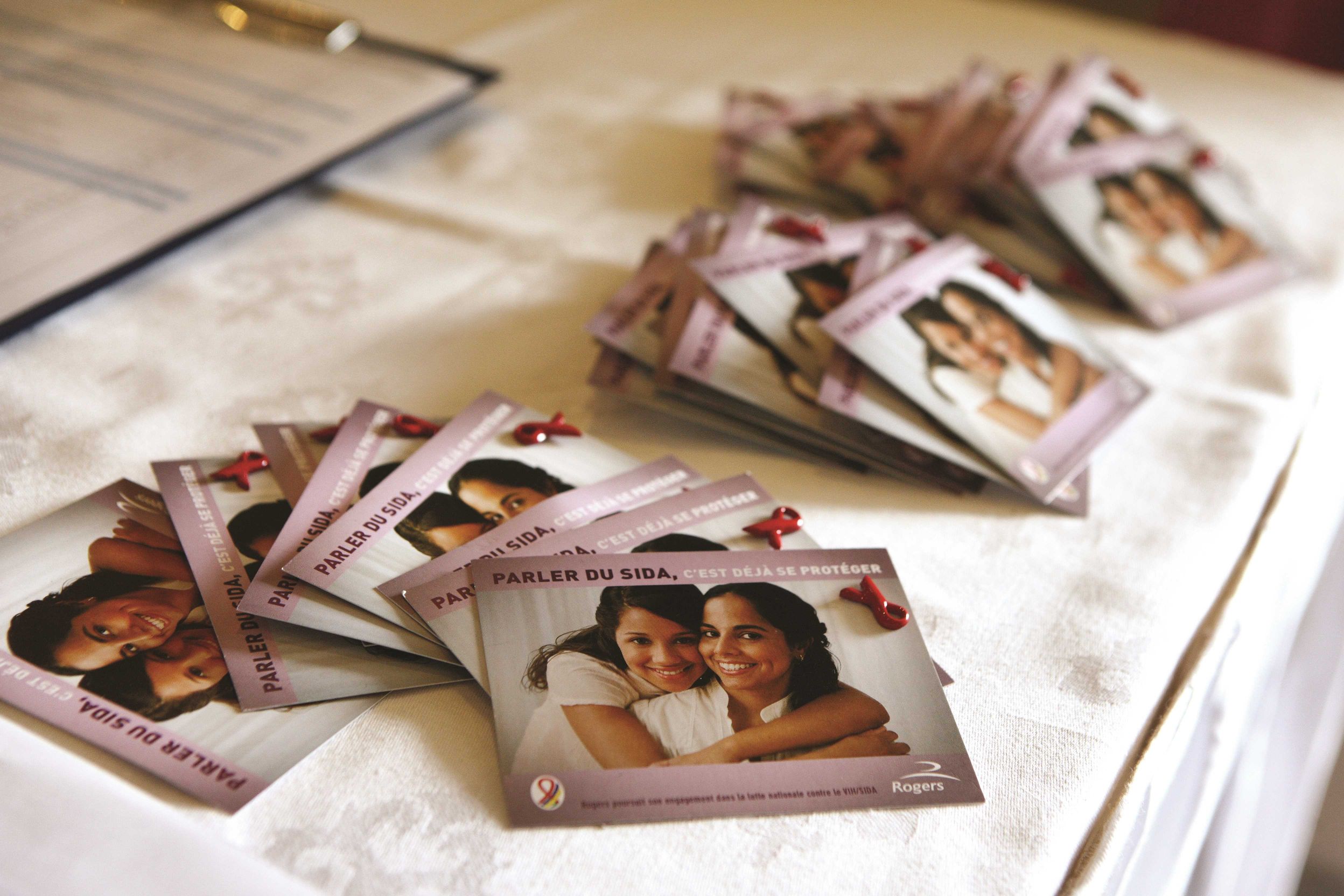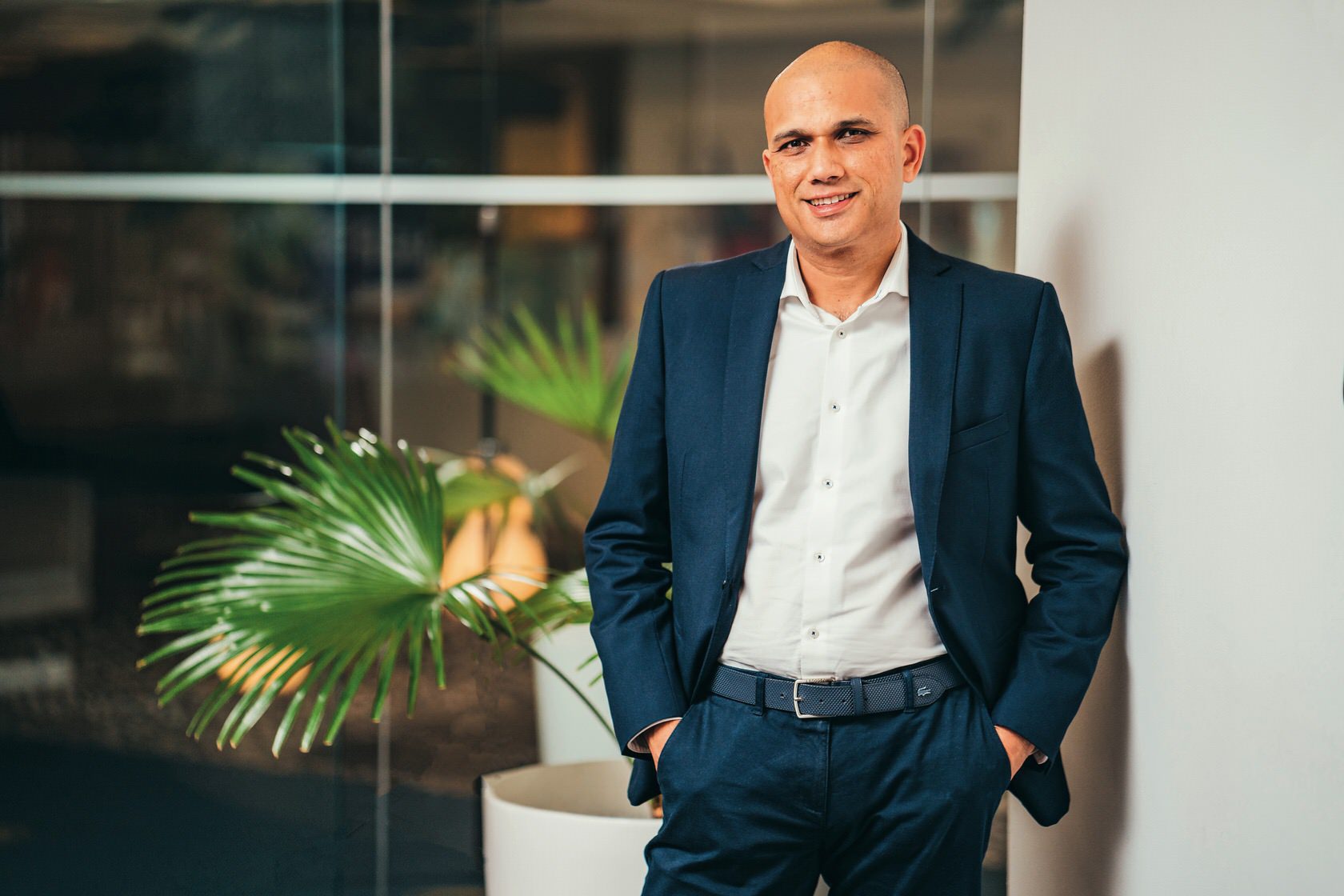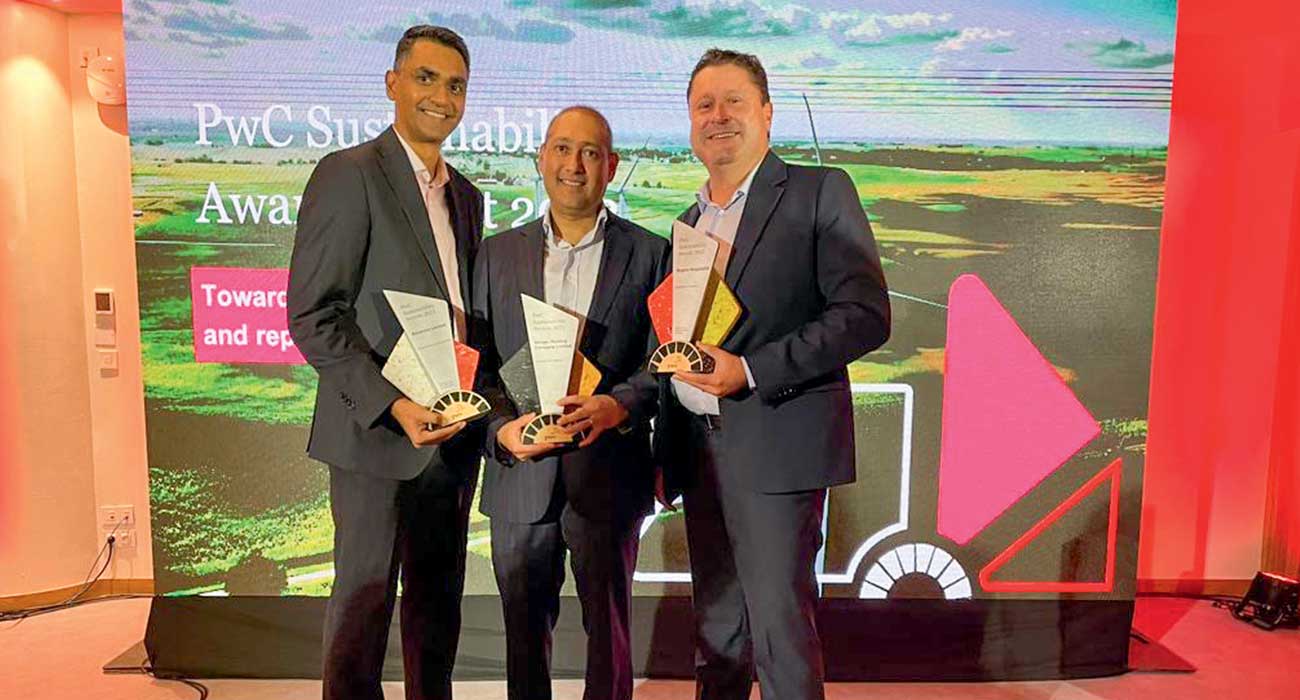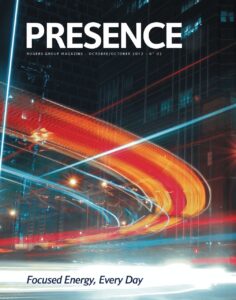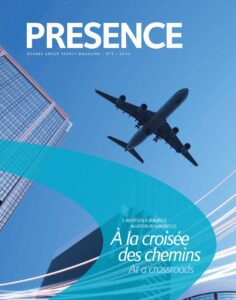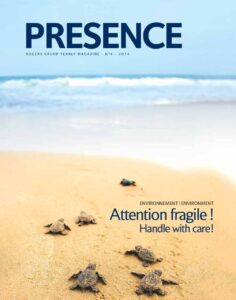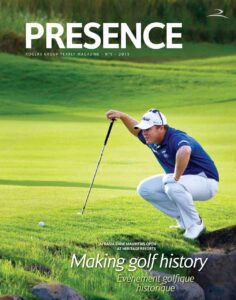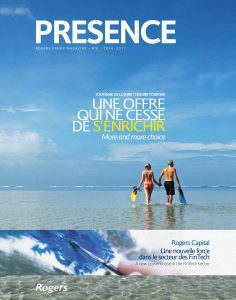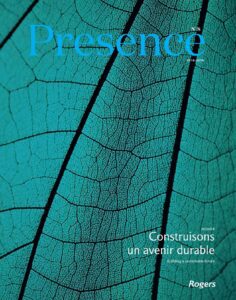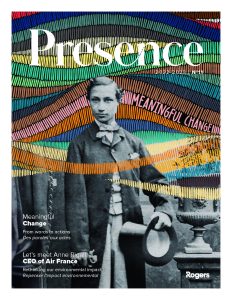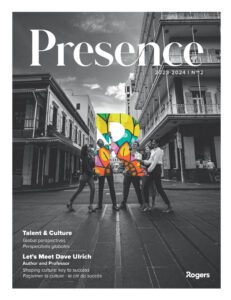The HIV/AIDS pandemic is pre-occupying countries throughout the world. Not only is it a health threat to people, but it also has social and economic repercussions. According to UNAIDS estimates, 34 million people throughout the world were living with the virus at the end of 2010. Although only 12% of the world’s population lives in sub-Saharan Africa, it is in this region that 68% of cases have been recorded. Mauritius is not so severely affected, with the official number of cases estimated at 8,000, a prevalence rate of less than 1% of the population, but vigilance is still required. Rogers is convinced that the best response to the illness, at least until a cure is found, lies in prevention. It has committed itself to this since 2007, contributing 1% of its profit after tax to helping the population to be better informed about the virus and to adopt more responsible attitudes.
photos : rogers image bank
A coherent and focused approach, supported over the long term, always produces better results than a multitude of piecemeal initiatives. Over its hundred years of existence, as a guiding principle, Rogers has always maintained a responsible attitude to society. That is why it decided in 2007 to refocus its financial support to social causes, in order to be able to bring about positive and tangible change.
Two years before Corporate Social Responsibility (CSR) legislation was introduced in Mauritius in 2009, Rogers had already taken the initiative to dedicate initially 2% of its profits after tax to financing social initiatives. This amounted to Rs22 million (€500,000) at the time, with half to be used for a Group-wide project. This commitment was renewed for a further three-year period, running from 2010 to 2013.
After a series of consultations with its various stakeholders, the company decided to support the fight against HIV/AIDS. This was against a background in which the disease was beginning to take on alarming proportions for a small country like Mauritius, with one in five cases affecting the 15 to 24 age group. Young people, who are the future of the country, were therefore considered a particular risk group.
Light shed by a qualitative study undertaken in 2008 on the correlation between young people and HIV enabled Rogers, in collaborating with specialists in the field, to implement activities to educate young people in that age group about HIV/AIDS and raise awareness levels. During the first three years, calls for projects were issued at the beginning of each financial year. The initiatives funded by the Rogers Foundation, the body set up to establish and administer the company’s CSR policies, targeted young people of all backgrounds through a range of channels, including prevention projects in schools, peer-group education programmes, values education and community projects. Some projects were also aimed at parents. In this way, Rogers supported 61 NGO projects, reaching 462,000 people.
In 2009, the company also financed research activity by the Indian Ocean Child Rights Observatory (ODEROI) on HIV/AIDS communication methods targeting young people. In order to undertake an assessment of activities, an evaluation exercise was also carried out amongst young people in the target age group. The results revealed improved awareness of HIV and its transmission, greater awareness that the disease can affect anyone, as well as better acceptance of people living with the virus. Despite everything, however, young people continue to engage in risky behaviour.
At the end of its first three-year plan, Rogers decided to broaden its involvement by introducing initiatives of its own such as national projects and campaigns. The company pursued its commitment by focusing more on the education and training of those adults who deal with young people, such as parents, teachers, doctors and religious figures, in order to encourage safer behaviour.
A qualitative study on the behaviour, awareness, attitudes and beliefs of young Mauritians in the 15 to 24 age group in relation to HIV/AIDS, conducted nationally in 2011, indicates that there has been an improvement in respect of risky behaviour compared with the first such exercise conducted in 2008. According to the study, which was funded by Rogers, the percentage of young people between 15 and 24 who had had their first sexual experience before the age of 15 has dropped and the use of condoms has increased within the age group. Moreover, multiple sexual relationships between adults aged between 15 and 49 are also on the decrease.
Reinforcing ties
Rogers’ commitment to the fight against HIV/AIDS has enabled the firm to establish ties with national bodies and the multisectoral committee for fighting HIV. Audrey d’Hotman de Villiers, Rogers’ CSR Manager, also represents private donors on the national co-ordinating decision-making body of the Global Fund to fight AIDS, Tuberculosis and Malaria. She is also involved in UNAIDS, the Joint United Nations Programme on HIV/AIDS.
Support from Florence Foresti
One of France’s most popular performers, the actress and comedian Florence Foresti, has given support to Rogers’ involvement in the battle against HIV/AIDS. Whilst she was in Mauritius to perform her latest show in January 2010, she officially launched a national prevention campaign. This Rogers’ initiative was spread over six months, having been announced to the public at large on 2 February 2010.

